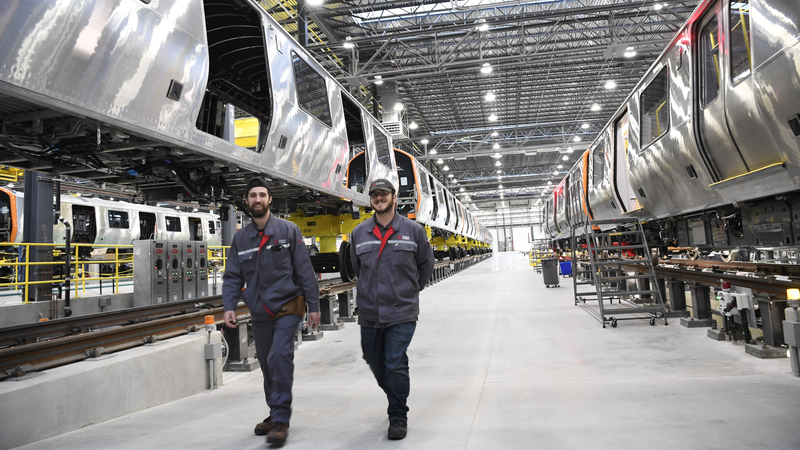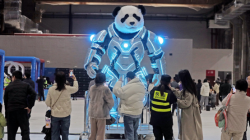Hey there! Have you ever wondered how countries around the world trade with each other? 🌍 Well, back in 2001, something big happened: China joined the World Trade Organization (WTO). But what did that mean for jobs in the United States? Let’s dive in!
When China joined the WTO, it became easier for countries to trade goods and services. Some people thought this would cause a lot of American factories to shut down. And yes, some factories did close, and some manufacturing jobs were lost. But that’s not the whole story!
While the U.S. lost about 3.9 million manufacturing jobs, it actually gained a whopping 27.4 million new jobs in other areas! 🤩 Jobs in healthcare, education, technology, and professional services grew a lot. That means many people found new kinds of work that didn’t exist before.
Why did this happen? Well, as technology improved, machines started doing some of the work that people used to do in factories. At the same time, companies realized they could make products more cheaply by moving some operations overseas. But new industries were also growing in the U.S., like software development, biotech, and finance. These industries needed people with different skills.
So, instead of making as many physical goods, the U.S. economy started focusing more on services and high-tech products. This is called “evolution” in the economy. It’s like how you might outgrow your old toys and start enjoying new hobbies! 🎮📚
But change can be tough. Some communities that relied on factories faced challenges when those jobs went away. That’s why it’s important for governments and communities to help people learn new skills and find new opportunities.
The big lesson here is that when economies change, it’s important to adapt and prepare for the future. New technologies and global trade can bring new chances for exciting careers! 🚀
So next time you think about what you want to be when you grow up, remember that the world is always changing. Who knows what amazing new jobs will exist in the future? 😊
Reference(s):
China's WTO entry didn't kill American jobs – it changed them
cgtn.com




